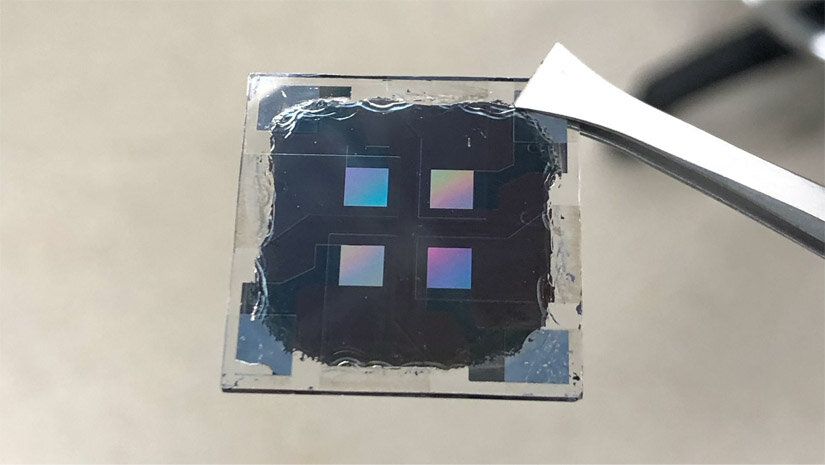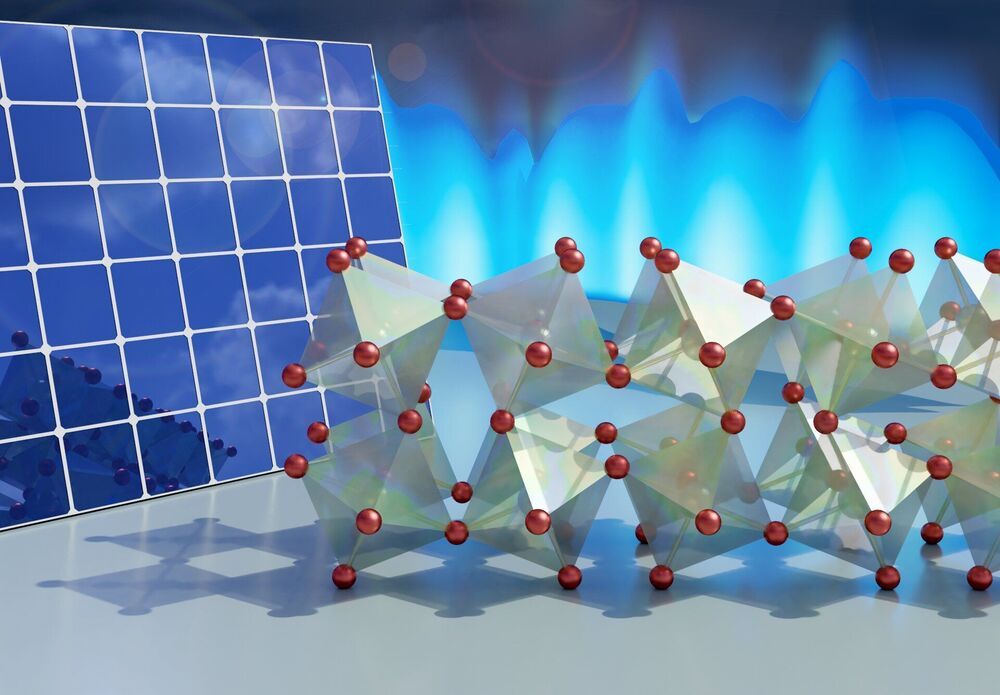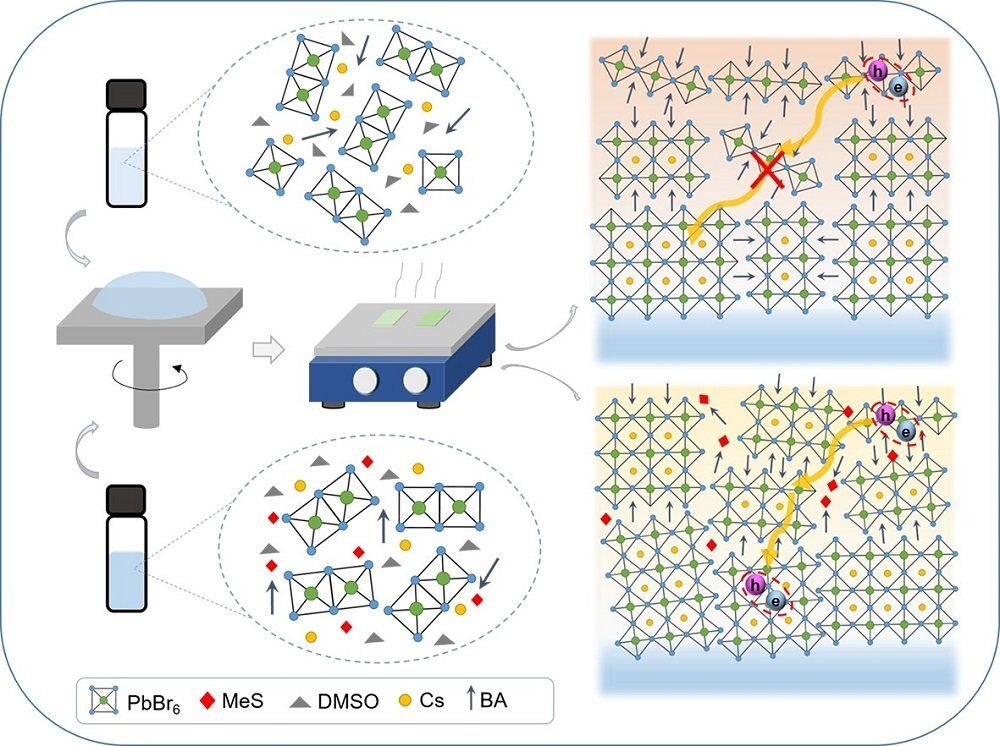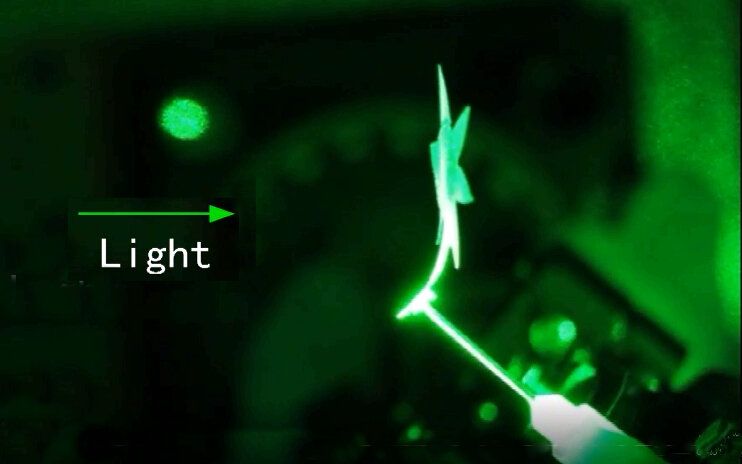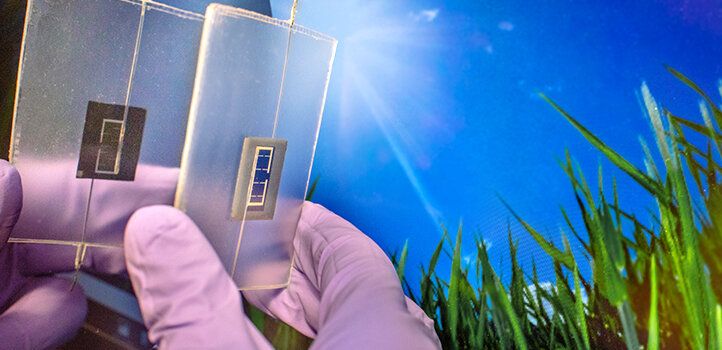Restructuring the way perovskite solar cells are designed can boost their efficiency and increase their deployment in buildings and beyond, according to researchers with the National Renewable Energy Laboratory (NREL).
Perovskite photovoltaic (PV) cells are made of layers of materials sandwiched together, with the top and bottom layers key to converting sunlight to electricity. The new architecture for the cells increases the area exposed to the sun by putting the metal contact layers side-by-side on the back of the cell.
“Taking the materials on top away means you are going to have a higher theoretical efficiency because your perovskite is absorbing more of the sun,” said Lance Wheeler, a NREL scientist and lead author of a new paper, “Complementary interface formation toward high-efficiency all-back-contact perovskite solar cells.”
